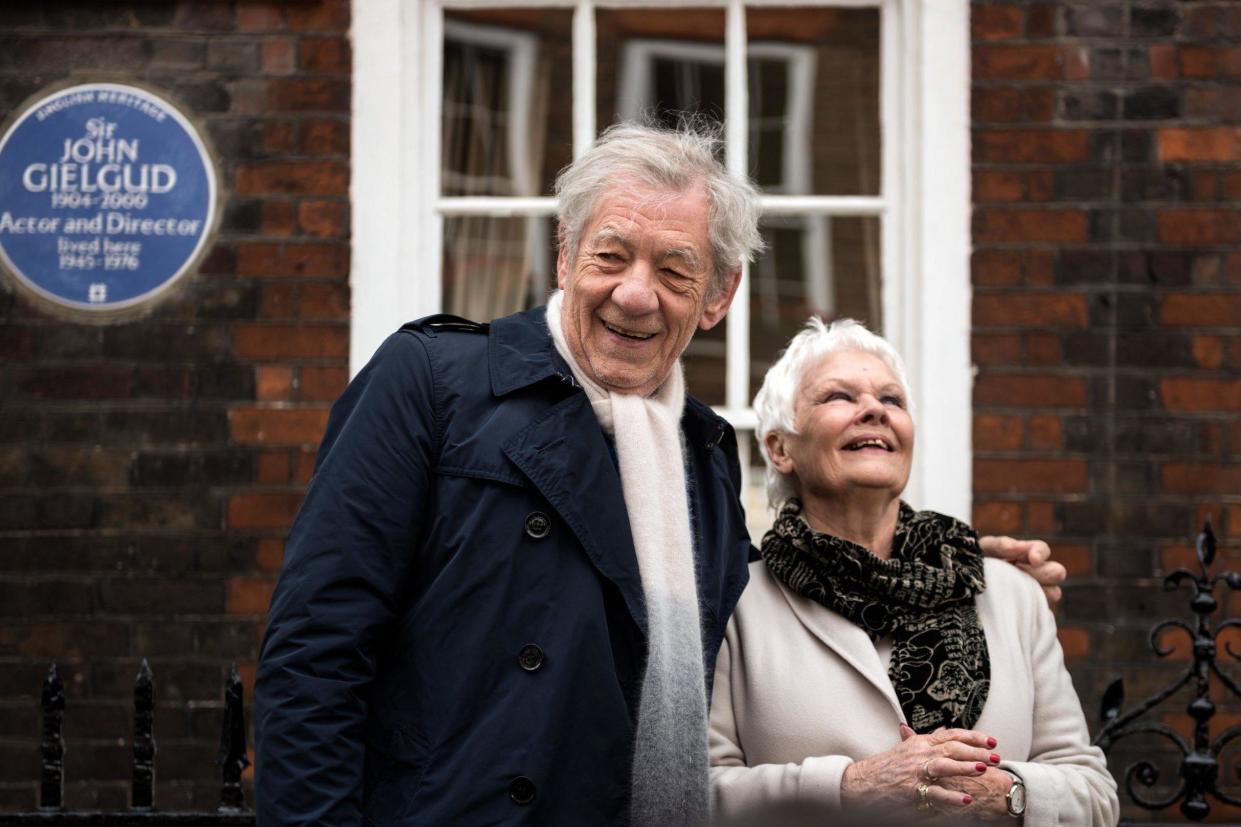Dame Judi Dench calls for more blue plaques for the 'women who did not go quietly'

Dame Judi Dench has urged Londoners to nominate their “unsung female heroes” after it emerged women account for just 14 per cent of blue plaques in the capital.
English Heritage, the charity which runs the scheme that marks the homes of notable names, relies on public nominations. It means the numbers of women celebrated will not budge without outside help.
The Oscar-winning actress, who last year unveiled a plaque to her friend and fellow actor Sir John Gielgud, said: “If people want to find out about our London history, they can go and just stand for a minute outside and look at a house where you know that person has lived — I think that’s just wonderful.
“So far the scheme honours some brilliant women: Florence Nightingale, Ava Gardner and the Pankhursts, but there are many, many more unsung female heroes who deserve recognition.
“So nominate the women you admire, the women who did great and remarkable things throughout history, and the women who did not go quietly. English Heritage needs your help.”

Her call comes as the charity unveiled a plaque to actress Margaret Lockwood at her childhood home in Upper Norwood, below. Lockwood, who died in 1990, was a regular on the West End stage but is best-known as the star of Alfred Hitchcock’s thriller The Lady Vanishes.
The blue plaque scheme started in 1866 but it was 10 years before the first woman, actress Sarah Siddons, was recognised.
By 1986, when English Heritage took over the scheme, there were only 45 plaques celebrating women. Since then, more than 80 have been unveiled including memorials to Rosalind Franklin, the scientist who helped discover DNA, and Nancy Astor, the first woman to sit in Parliament. There are more than 900 plaques in total.
Anna Eavis, the scheme’s curatorial director, said: “The London Blue Plaques Scheme is over 150 years old and with that legacy comes an historical gender imbalance.
“The scheme relies on public nominations and that’s why we need them to send us their suggestions.”
To nominate someone for a plaque go to: english-heritage.org.uk

 Yahoo News
Yahoo News 
